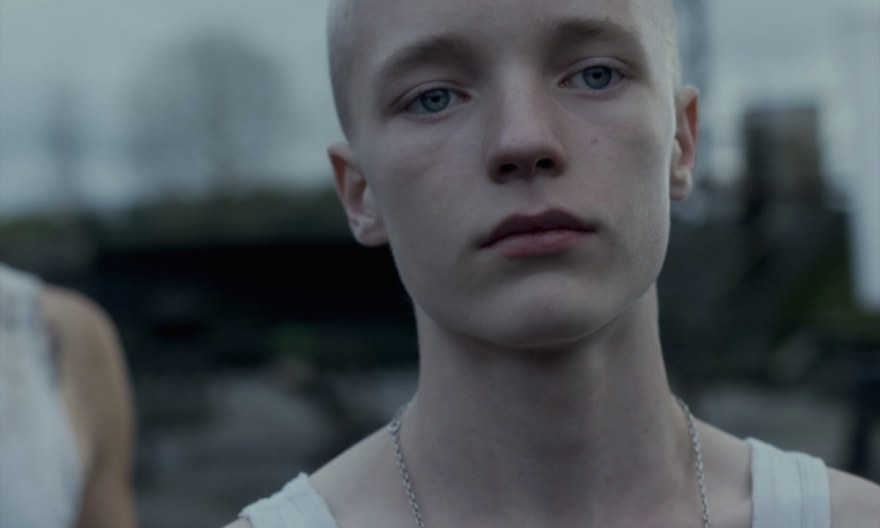Lunch with Jay parmi les hommes
Interview with Zeno Graton, director of Jay parmi les hommes [Jay Amongst Men]
Why were you interested by the childhood boundaries that Jay must cross to become a man?
I see adolescence as a battle. An age where we define what makes us, what breaks us, what we accept and what we reject. I think that the path of the adolescent is similar to the path of the baby turtle that must make its way to the sea. On the beach, the mother turtle lays lots of eggs because her children’s chances of survival are very small. Those that make it to the ocean by dodging mongooses, lizards, birds and voracious crabs are very rare. A baby turtle on the beach hasn’t begun its life yet: he struggles to exist. I wanted Jay’s adventure to set him in motion to exist, to affirm himself. This movement is set off by a tool outside of his childhood world that he makes his own: his father’s car.
Why are there no female figures in Jay’s entourage?
By contrast. Thus the female character, his girlfriend, who he introduces like a breath of fresh air, is the envy of his entourage. The fact that there are no women before this allows us to redefine Cathy’s character as a larger, more surprising source of conflict.
There is lots of childishness in the virility shown by the Men in Jay parmi les hommes. How did you work with that child-adult duality?
I don’t know if the duality in this film is of a child-adult nature. I would say it is more of a rejection-acceptance relationship, which creates a driving force that is conflictual, dramaturgical. For example, the mere sight of his son makes the father tense, he rejects him. On the contrary, when Jay sees his father, he melts with desire, and has a need to know him, feel him, to simply be loved. The Men, as you call them, welcome Jay among them because he has a girlfriend, but reject him and indirectly insult him when they find out he had lied about it. Jay is not a child searching necessarily to become a man, he above all was looking to become closer to his father, to belong to his group. The film speaks of the strange choices that we sometimes make to generate and receive a love that we are lacking. The film is the experience of a character who drifts away from himself and suffers just to please someone else.
Do you think that tenderness is possible in Jay’s environment, and is it a necessary element in a person’s development?
Jay’s environment is brutal to him and rejects him, which leads him to searching for tenderness from a stranger. This question exists throughout the film. That said, I don’t know if it is necessary in itself to experience tenderness as we develop because I am not a psychologist. The scenario takes place and the question of tenderness is always at the center of it… Rhythmically, the fluctuations between brutality and tenderness make the scenes much more dynamic, whether it be in the script or in working with the actors, and even more so during editing.
.
Jay parmi les hommes is being shown in National Competition F6.








